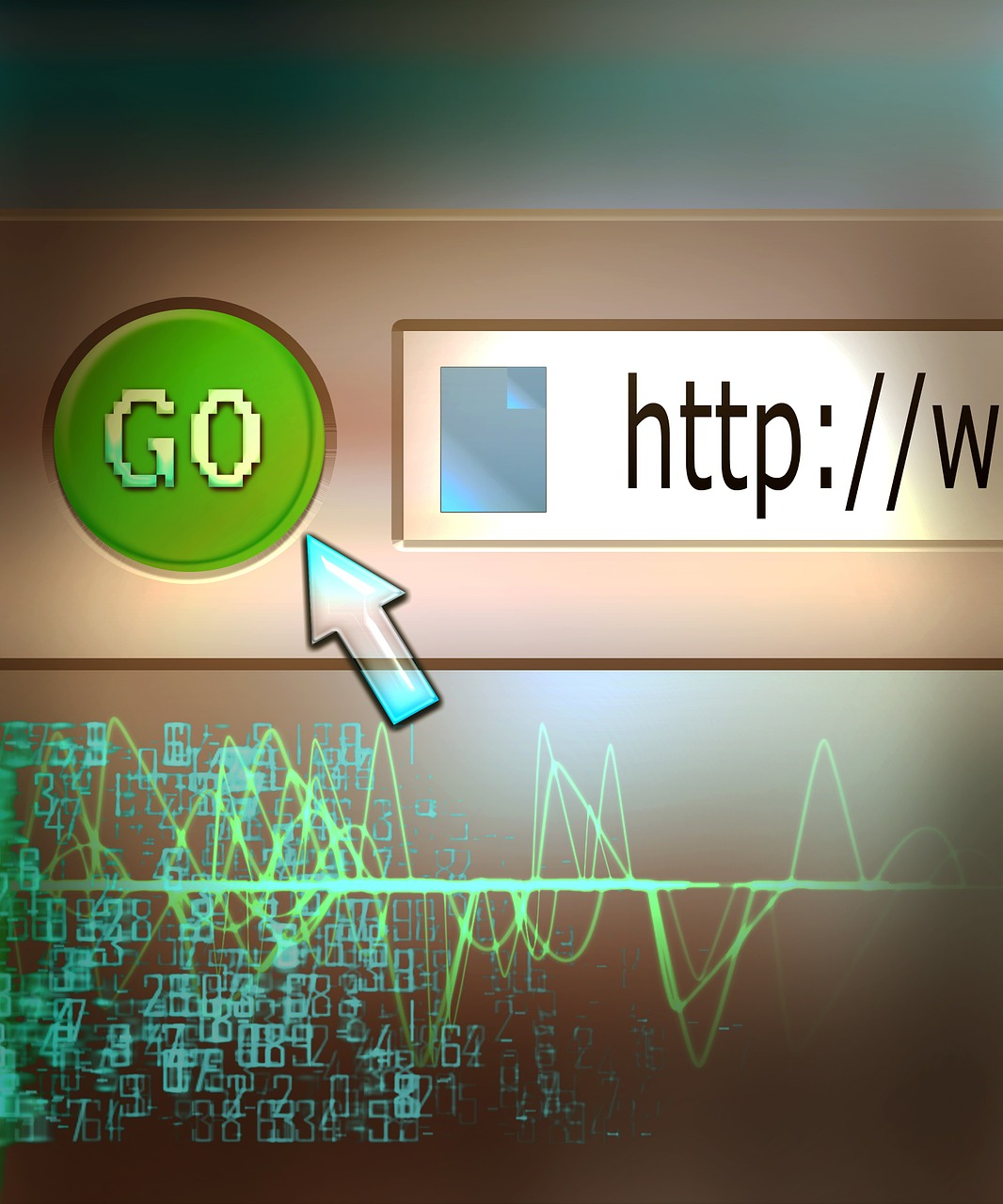
Masking vs. Redirects..
This may not be all that you want it to be.
What is a Redrect?
URL redirection sends your domain visitors to another, alternate, destination URL. URL redirects are categorized according to HTTP protocol, which makes up the framework of any data transferred on the internet.
There are three main types of URL redirects:
- 301 (permanent)
- 302 (found/moved temporarily)
- URL frame (masked)
What is Masking?
You use the URL of your homepage (your domain name) as the URL for every page of your website. A masked redirect is also called URL cloaking or domain masking.
The mask (or cloak) refers to how the URL in the address bar isn’t the actual URL of the content on the page. So, your user thinks they are on one domain when they’re really on another.
While using a URL mask offers some benefits, it’s not always the best experience for your users. Link masking can be used for various reasons, including to hide referral links and even for website migration.
Before you mask – Read more…
Disadvantages of URL Masking
URL masking creates UX issues that can harm your website authority and SEO ranking.
1. URL Masking Can Create a Poor User Experience
If you conceal the true destination URL, you create a poor user experience that can erode your visitors’ trust.
• When the URL in the address bar doesn’t change as users navigate your website, it’s easy to get lost. Even worse, users that notice this might distrust you.
• Online spammers often cloak URLs to hide malicious content. When visitors realize that you’re cloaking links, they’ll wonder what you have to hide.
• It is recommended that you should avoid URL masking if you want your visitors to trust your content and share it.
2. URL Masking Negatively Impacts SEO
In addition to disrupting your website’s user experience, URL masking causes problems that lower your SEO ranking.
• First, for the best SEO results, a website page should have a relevant URL. If you use your homepage URL for every website page, you’ll likely rank lower in search engines for lack of relevance.
• The second, and perhaps most serious issue, is duplicate content.
- Duplicate content is any large block of content that’s virtually the same across two or more domains.
- Duplicate content — even if it’s not malicious — hurts your SEO ranking.
- When you use URL masking, search engines see two domains with the same content. Search engines don’t know which domain to include on the results page, so they usually reject both.
- If Google believes you’re cloaking URLs to be deceptive, you might be removed from its results completely.
Conclusion:
To avoid creating duplicate content issues, we recommend you use URL redirects as your alternative to URL masking.
For clients that want to shorten or beautify long URLs, you can use a URL shortening service. These links are treated as 301 redirects and don’t have a negative impact on SEO.
Want other info? Send us your suggestion and we'll work on providing a new blog 🙂
Contact iS
Office: 403.630.3409
Mailing Address: 47 Cedarbrook Close SW Calgary, Alberta T2W 5B8
